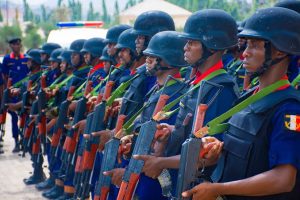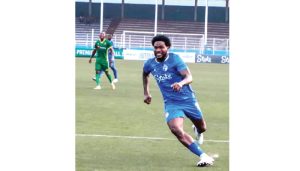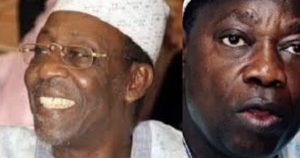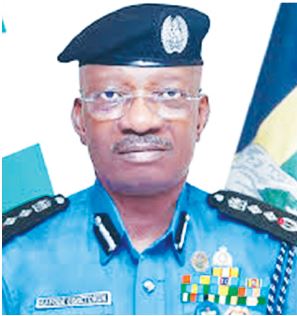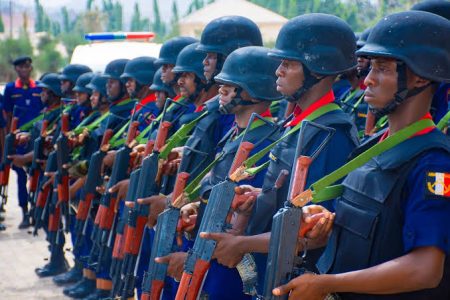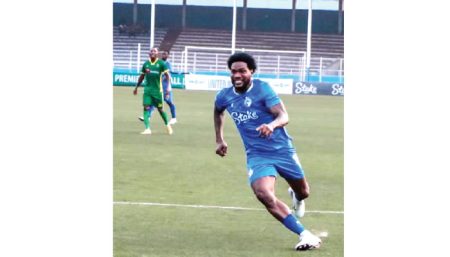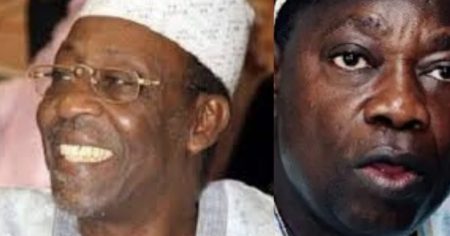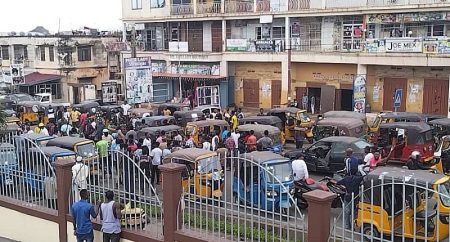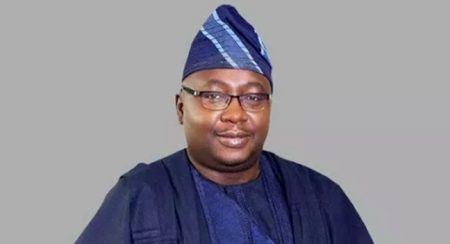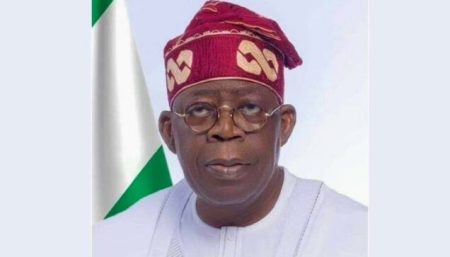Chukwunenye Nweke, an online journalist and blogger, finds himself entangled in a protracted legal battle stemming from a seemingly trivial neighborhood dispute. He alleges that the Police Zone 9, Umuahia, has unjustly charged him with trumped-up criminal offenses, and is now obstructing the course of justice by refusing to release the case file to the Federal High Court, despite directives from the Attorney General of the Federation. Nweke’s ordeal began with a simple act of self-preservation – blocking rainwater runoff from a neighbor’s property onto his own. This seemingly innocuous action triggered a chain of events that has spiraled into a complex legal quagmire, exposing what Nweke claims is a blatant misuse of power and a disregard for due process.
The initial dispute escalated when the neighbor’s daughter, a lecturer at a tertiary institution in Anambra State, allegedly resorted to threats and intimidation. Instead of mediating the neighborhood disagreement, the local police in Awka sided with the neighbor and leveled accusations of attempted kidnapping and threat of violence against Nweke. He contends that the police presented fabricated evidence, even falsely portraying him as a fugitive evading arrest. This initial act of injustice laid the foundation for the protracted legal battle that Nweke is now facing.
The case was subsequently transferred to Police Zone 9 in Umuahia, where Nweke’s legal challenges intensified. He claims that a preliminary investigation conducted by Zone 9 has mysteriously vanished, hindering the Federal High Court from proceeding with the matter. Nweke’s attempts to access the case file have been met with resistance from the police, who have directed him to file a court application to compel its release. This procedural hurdle adds another layer of complexity to Nweke’s pursuit of justice, forcing him to navigate a bureaucratic maze while simultaneously fighting the criminal charges against him.
In a further twist, the police then charged Nweke with criminal defamation and threat to life, ironically directed against the same neighbor who initiated the original complaint. This move appears to be a retaliatory measure designed to silence and intimidate Nweke, further compounding the injustice he faces. He has sought assistance from both the Abia State Attorney General and the Attorney General of the Federation, pleading with them to intervene and compel Zone 9 to release the crucial case file. Despite the Attorney General of the Federation’s order, Zone 9 remains unyielding, leaving Nweke in legal limbo.
Nweke’s situation highlights the vulnerability of ordinary citizens to the misuse of power by law enforcement agencies. The alleged fabrication of evidence, the obstruction of justice through the withholding of the case file, and the seemingly retaliatory charges paint a disturbing picture of a system that can be easily manipulated to target individuals. His case underscores the critical importance of an independent judiciary and the need for robust mechanisms to ensure accountability within law enforcement.
Now, Nweke’s plea resonates with a desperate urgency. He calls upon the Inspector General of Police and the Attorney General of the Federation to enforce the order for the release of the case file and ensure a fair and just resolution to his ordeal. His fight is not merely for his own vindication, but represents a broader struggle against impunity and a call for the upholding of the principles of justice and due process. The outcome of his case will have significant implications, setting a precedent for how similar cases of alleged police misconduct are handled in the future. It will also send a message about whether those in positions of power will be held accountable when they abuse their authority.


